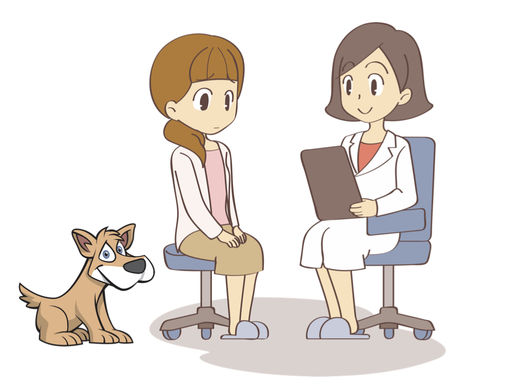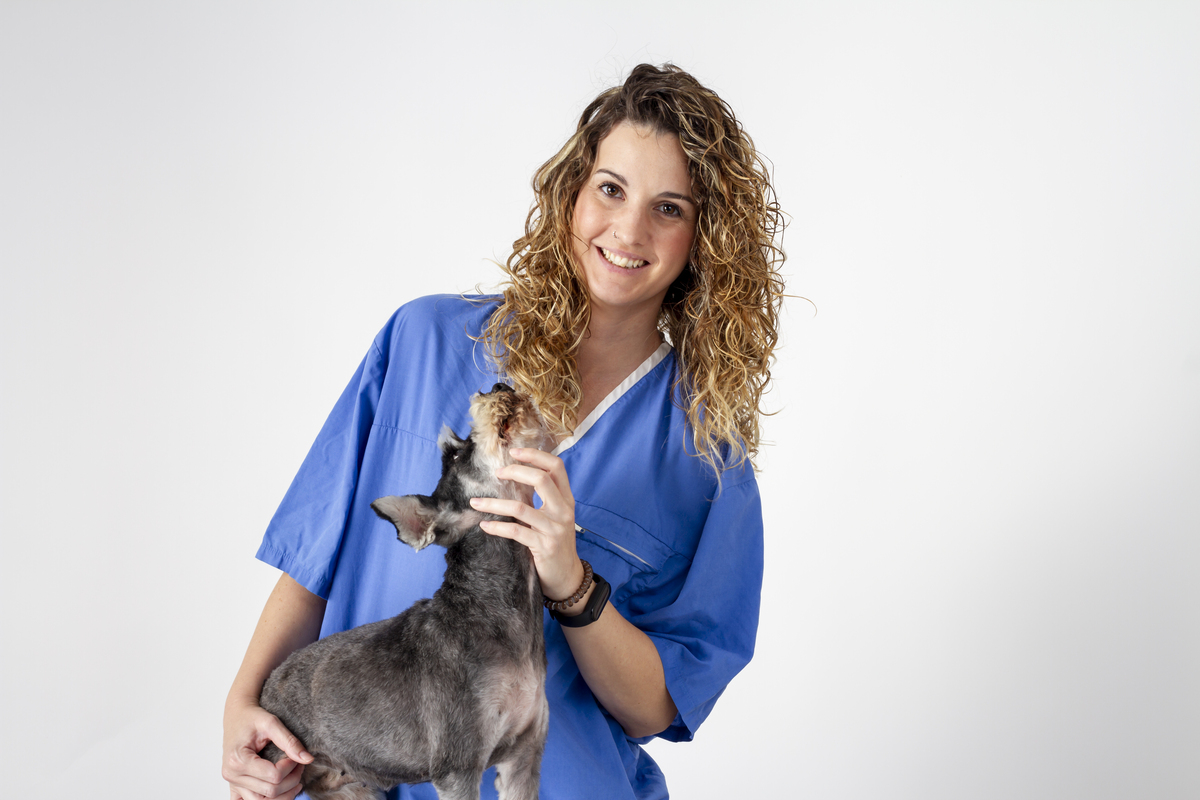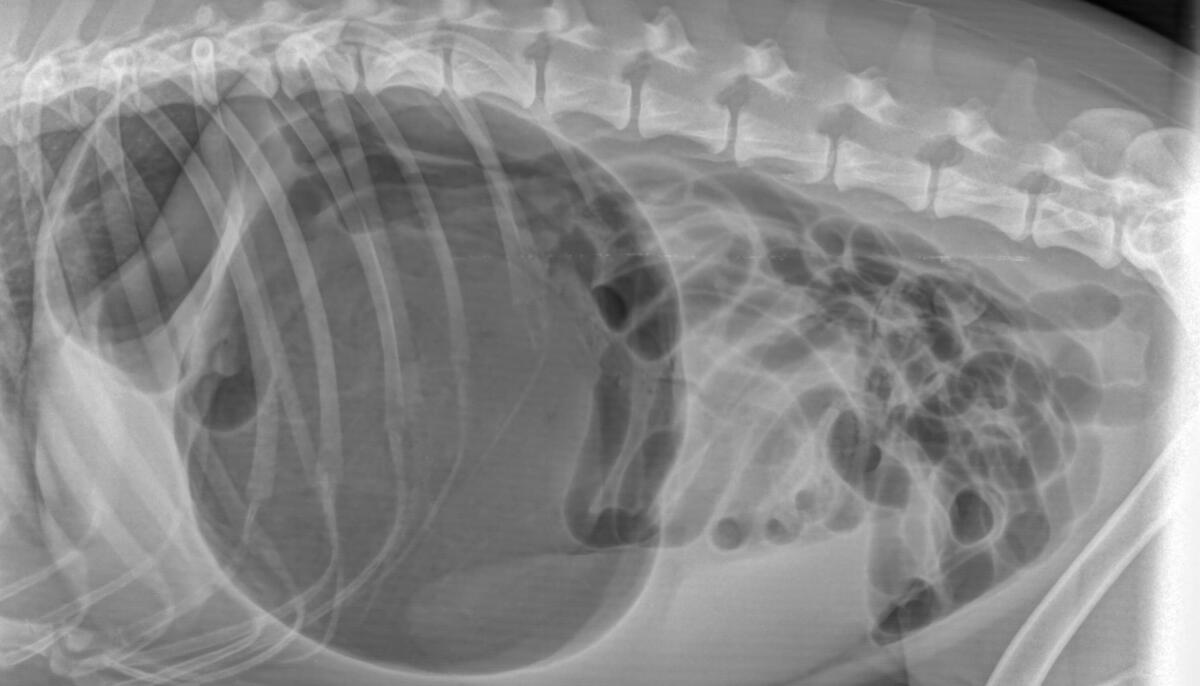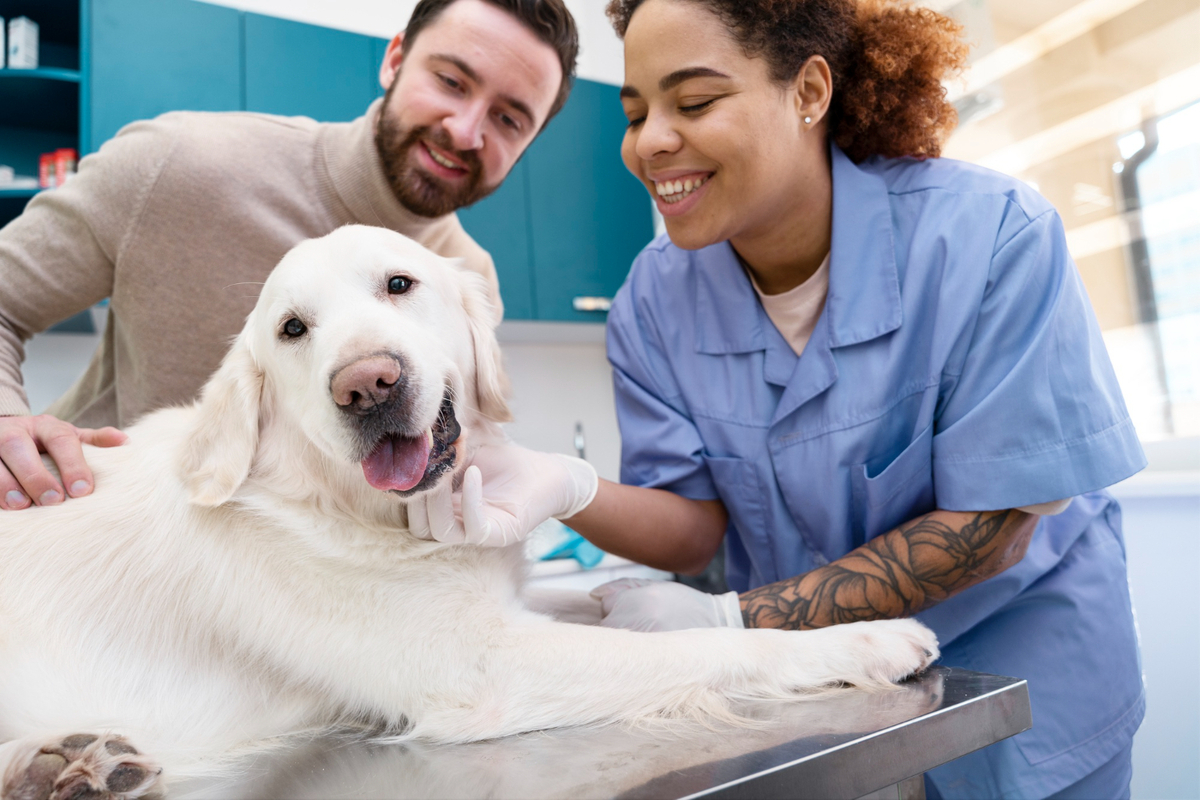
Communication with the client in the veterinary practice is of the utmost importance when working in the UK. We must not forget that complaints against veterinarians are taken very seriously by the RCVS, which can warn us or temporarily suspend us if it considers that the client is right and that we have not acted appropriately. These actions by the RCVS are actually very beneficial, as maintain the good quality of service and the good reputation of veterinarians within the British society. The vast majority of these complaints are caused by communication problems with the client, so it is very important to understand some courtesy treatment and colloquial expressions that will help us communicate with the client and understand what is the problem with the pet.
Greeting, smiling, shaking hands, apologising, asking permission, or thanking are aspects that are more important in the United Kingdom than in some othercountries. For example, you should not ask for things (from a nurse, from an owner) without ending the sentence with a “Pleaseâ€. In addition, these requests must be made in the conditional and not in the imperative, that is, "Could you turn the anaesthesia machine off please?" instead of “Turn the anaesthesia machine off pleaseâ€. And of course, end with a “Thanks†(or thank you, or thank you so much) when they have done us that favor or helped us in something. In case you are not so used to the constant use of the words “Please†and “Thank youâ€, or to greeting and smiling more often, then you must adapt to the UK so as not to give an impression image of excessive seriousness or even antipathy.

In the British veterinary culture, it never hurts to ask for things conditionally, use the words “please" and “thank youâ€, and smile. You should always refer to the pet by its name and use "he/she" instead of “it"
It is also important that we address our clients by their title followed by their last name, unless the client asks us to call them by their first name.
Â
TITLES THAT YOU SHOULD USE WITH YOUR CLIENTS
   - Mr (Mister): for an adult man, single or married,
  - Mrs (pronounced misizz): married woman
  - Miss: young, single woman
  - Ms (pronunciado mizz): woman, but we are not sure of her marital status or she prefers to be addressed in this way.
  - Dr (Doctor): it can be a medical doctor or physician, a veterinarian, a dentist or a person holding a PhD.
Generally, when starting working in the UK, we will mainly use the titles Mr and Ms, which allow us to address our clients without the need to know their marital status, their age or their academic training. On many occasions, it is the receptionist or the nurse who will tell us what treatment we should give to a particular client, for example when they tell us “Mrs Taylor is waiting for you in consult 2â€. It is also important that we do NOT address the pet with an “itâ€; we should speak of it as “he/she†and we should call it by its name at least one time during the consultation. A good way to start a consultation would be: “What does it seem to be the problem with Ruby, Mrs Taylor? “. “.
The way of perceiving physical contact is also different among cultures. This contact (like putting a hand over someone’s shoulder when talking) is common in Mediterranean, Hispanic, African or Asian cultures, but not in other cultures. In English-speaking cultures it is highly valued not to invade the vital space of a person, even if that approach does not involve any physical contact. For this reason, it is important to respect these cultural differences and to know very well in which situations we can touch a client (usually when there is grief or extreme concern and we want to provide some comfort).
Colloquial terms and expressions in the communication with the client
Anatomy
the dorsal aspect of the neck (nape)
Shoulder blade
scapula
Bum, bottom, rear end
anus
Hock
tarsus
Groin
inguinal region
Tummy, belly
abdomen
Armpit
axilla
Dew claw
first digit of the rear limb in the dog
Wrist
carpus
Windpipe
trachea
Small bowel, guts
small intestine
Large bowel
large intestine
Whiskers
vibrissae
Hip pelvis
Thigh bone
femur
Shinbone
tibia
Kneecap
patella
Willy, privates
penis
Pussy
cat. Also vagina, best not to use it
Spine, backbone
vertebral column
Spinal cord
medula spinalis
Digestive system
sialorrhea (unintentional loss of saliva from the mouth)
Tartar, calculus
dental plaque
Fangs
canine teeth
Scale and polish
non-surgical periodontal therapy, deep dental cleaning
To burp
eructation
To retch
nausea
To have wind
flatulence
To be greedy
excessive appetite
To be a scavenger
animal with tendency to ingest foreign bodies
To be off his food
anorexia, hyporexia
Hiccups
singultus
To be constipated
dyschezia
Poo, poopy, motions, stools
faeces
To poop, number two
to defecate
Loose stools, soft faeces
diarrhoea
To have motion sickness
to suffer from dizziness (usually due to car or sea travel)
To have a pot belly, to be pot-bellied
to suffer from abdominal distension
To be picky/fussy with the food
to have selective appetite
To be sick*, to throw up, to bring something up, to puke
to vomit
*He has been sick
he has vomited
*He is sick
he is ill
 
 This dog´s owner called saying that his dor Tyson was restless, retching and trying to puke. He was asked to bring him to the clinic asap (as soon as possible)
Urogenital
to urinate
Water infection
urinary infection
Kidney stones
nephroliths
Bladder stones
uroliths
Womb
uterus
womb infection
pyometra
Sistema respiratorio
Panting;
polypnoea
Snot
nasal mucus
Snout
muzzle, rostrum, nose
Neurology/musculoskeletal
someone suffering from strabismus
Seizures, fits
convulsions
Head tilt
torticollis
Wobbly
ataxic
To be limp
to be weak
To be aching
to be in pain
To limp
to be lame
To be off his/her legs
to be unable to stand itself
To be twitching
to suffer from involuntary muscle contractions
To have a sprain
to suffer from a torn ligament
To pull a muscle
to suffer from a muscle strain
 
Good communication with the client is essen4al to develop our job properly and without complica4ons. When English is not our first language, it is important that we become familiar with terms and expressions used by owners. Do not be afraid of asking when something is not understood.(imagen from Freepik)
Skin, eyes, ears
dermatitis, skin eruption
Bald patches
alopecic foci
Ringworm
dermatophytosis, dermatomycosis
Groomers
canine "hairdressers"
Gunky eyes
sticky eyes (gunk, sleep0 rheum)
Scabs
crusts
Flaky skin
scaly and dried skin
Third eyelid
nictitating membrane
Mange
sarcoptic or demodectic skin infection
Overgrooming
trichotillomania
Eyesight
visual acuity
Eyelid
palpebra
Sleep
rheum
Wax (ear)
cerumen
To be itchy
to be pruritic
Lump, bump
mass, tumour
Dry eye
Keratoconjuntivitis sicca
Hot spot o wet eczema
pyotraumatic dermatitis, moist dermatitis
Weepy eyes/watery eyes
epiphora
Treatment
injectión
Booster
re-vaccination
Painkillers
analgesic drugs
Put to sleep (PTS), put down, let go
eutanasia
Health status/disease
no se encuentra bien
Listless
apathetic
Restless
stressed, anxious
Sore
adjective-painful, inflamed name-ulcer
Tender
painful, reactive
